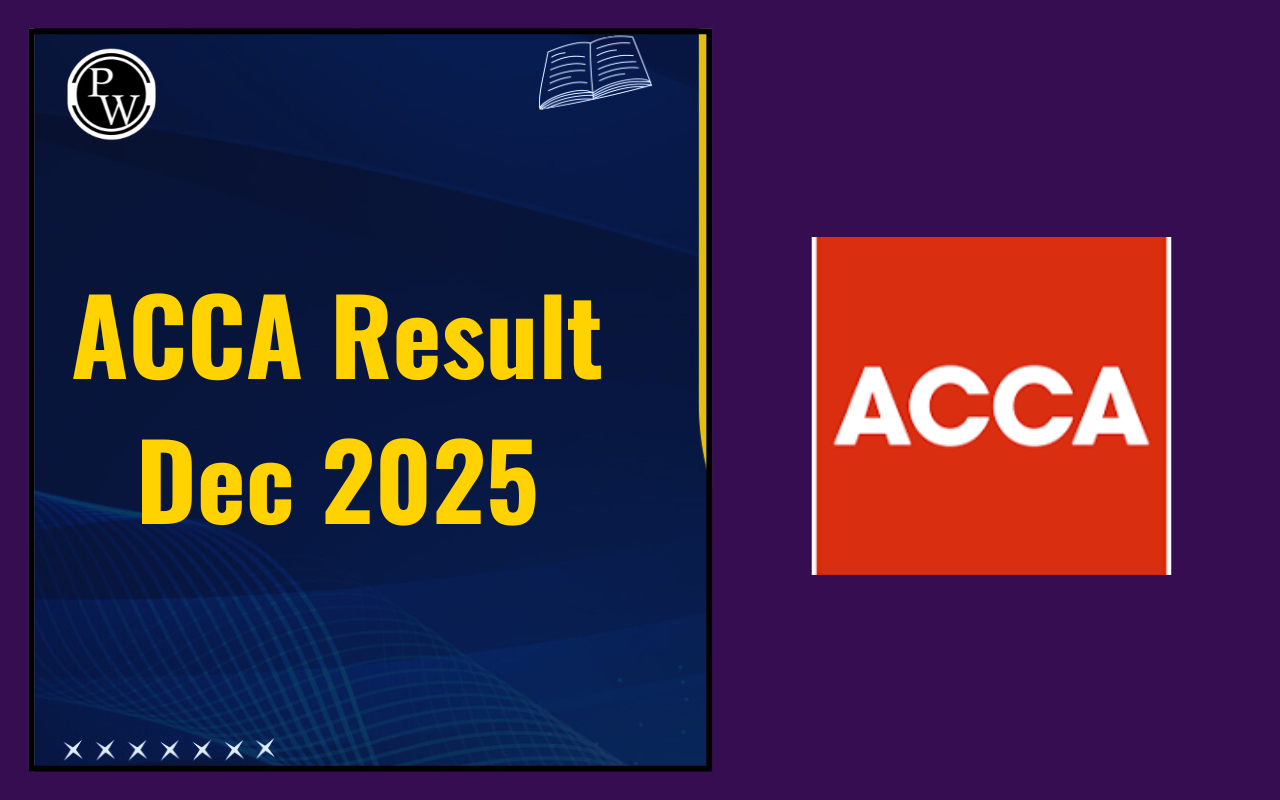
The Legal Principles for ACCA form a crucial part of your exam preparation journey. As an ACCA student, you're not just learning numbers, you’re learning how law and finance intertwine to shape ethical, compliant, and practical business decisions.
From understanding contracts and case law to interpreting corporate structures and regulatory compliance, this legal foundation gives you the confidence to navigate complex scenarios in your exams and in your future career.
Check the most important areas tested under the Legal Principles for ACCA, including civil and criminal law, contractual obligations, employment law, company structures, and ethical standards. With the 2025 exams approaching, now is the time to solidify your legal understanding and ensure your preparation is comprehensive and exam-ready.
Importance of Legal Principles for ACCA
Understanding the Legal Principles for ACCA is not just a syllabus requirement, it’s a career necessity. Legal frameworks govern everything in business, from internal HR processes to external mergers and acquisitions. Whether you aspire to become an auditor, CFO, or consultant, legal literacy empowers you to assess risks, ensure compliance, and uphold integrity.
For ACCA students, this knowledge is particularly important in papers like LW (Corporate and Business Law), where a thorough understanding of how legal systems operate is crucial. In real-world terms, it also helps you deal with practical issues like employee disputes, breach of contracts, or corporate mismanagement. By mastering these principles now, you’re investing in a lifelong skill that will serve you far beyond your exam room.
Legal Principles for ACCA Structure
To begin with, it's vital to grasp the two primary branches of the legal system: civil law and criminal law.
Civil Law
Civil law focuses on resolving disputes between private individuals or organizations. In the ACCA context, this typically relates to issues such as breach of contract, negligence, and liability. Understanding civil law allows you to assess who is at fault and what remedies are available under the law.
Criminal Law
Criminal law, on the other hand, deals with offenses that are considered harmful to society. Fraud, bribery, insider trading, and money laundering are all criminal activities that financial professionals must understand to ensure compliance and uphold public trust.
For ACCA students, distinguishing between civil and criminal liabilities is essential when reading case scenarios and applying the correct legal consequences in your answers.
Also Check: ACCA Online Exam Issues Faced & Troubleshooting
ACCA Legal Terms and Sources
Before diving deep, every ACCA student must know the key legal vocabulary. These terms appear throughout the syllabus and are crucial to interpreting both theoretical and practical exam questions.
Contracts
A contract is a legally enforceable agreement. ACCA focuses on key elements such as:
-
Offer and acceptance
-
Consideration
-
Intention to create legal relations
-
Capacity to contract
Statutes
Statutes are laws made by Parliament or other legislative bodies. In the UK, the Companies Act 2006 is a key statute for ACCA students to understand. Knowing how to interpret statutory language is fundamental when analyzing legal responsibilities.
Case Law
Case law consists of judicial decisions that create precedents. As a finance professional, you must understand how courts apply legal principles to specific scenarios and how these decisions influence future business behavior.
Legal Principles for ACCA Court Hierarchy and Authority
Understanding the hierarchy of courts is essential to determine which decisions hold the most authority. The UK court system, often referenced in the ACCA syllabus, is structured as follows:
-
Supreme Court: Final court of appeal, its decisions are binding on all lower courts.
-
Court of Appeal: Split into civil and criminal divisions.
-
High Court: Includes divisions like Queen’s Bench and Chancery.
-
County and Magistrates’ Courts: Deal with less severe civil and criminal matters.
Knowing where judgments originate helps you assess the weight they carry in legal arguments. This is particularly relevant in scenario-based ACCA questions where citing the appropriate authority matters.
Contract and Employment Laws for ACCA
The following are the details about the laws for contract and employment:
Contractual Law
As one of the most examined areas, contract law forms the backbone of business operations. Topics include:
-
Breach of contract and remedies (damages, rescission, specific performance)
-
Express and implied terms
-
Misrepresentation
-
Exclusion clauses and their limitations under the Unfair Contract Terms Act
Understanding contract law enables ACCA students to evaluate whether business agreements are legally valid and what actions can be taken if they’re breached.
Employment Law
This area governs the relationship between employer and employee. Topics include:
-
Formation of employment contracts
-
Employee vs. independent contractor classification
-
Rights concerning dismissal, redundancy, and discrimination
-
Health and safety regulations
Exam questions may present workplace scenarios where you're asked to determine whether legal rights were violated or obligations were fulfilled.
Mastering the Legal Principles for ACCA is about more than passing a paper, it’s about becoming a well-rounded finance professional. These principles equip you to operate with integrity, interpret the law correctly, and guide businesses through complex regulatory environments.
Whether it’s drafting a sound contract, identifying an ethical dilemma, or understanding a court decision, your ability to apply legal knowledge will shape your professional journey. Approach your legal studies not as a hurdle, but as a powerful tool in your ACCA toolkit.
| Also Check: |
| ACCA Exam 2025 Centre based VS Remote Based |
| ACCA Exam Difficulty Factors |
| How to Use a Calculator for ACCA Exams? |
| How to Prepare for Performance Management in Last 1 Month? |
FAQs
What is the role of civil and criminal law in ACCA exams?
How important is contract law in ACCA?
What does ROC stand for and why is it important?
Are ethics part of legal principles for ACCA?










